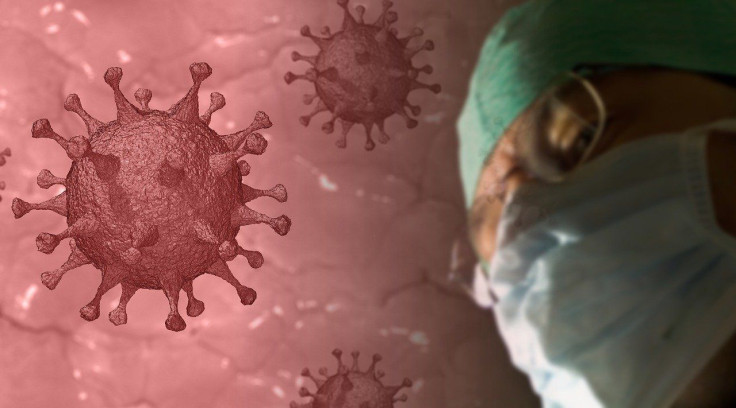Coronavirus Symptoms: What Are Some Lesser-Known Signs That You Might Have The Virus?

Global awareness has grown about the key symptoms of COVID-19: cough, fever, tiredness and in severe cases, difficulty breathing. However, many might not be aware of some of the lesser-seen symptoms of the disease, which could lead them to make incorrect conclusions about their health and unknowingly spread the virus.
While there are the respiratory effects of COVID-19, including persistent coughing and shortness of breath, a scant few patients have also exhibited digestive issues. According to the World Health Organization, around 5% of patients worldwide have experienced nausea, while one study from general medical journal The Lancet indicated that 3% of cases in China involved diarrhea.
Prior to any other symptoms, many patients experienced severe fatigue and exhaustion. A report from the WHO found that 40% of 56,000 patients examined in China experienced fatigue while battling the virus, making it a more common symptom than even shortness of breath.
The CDC has reported that severe confusion can come as a result of coronavirus. Some older patients have also exhibited other psychological symptoms, including disorientation and a general sense of discomfort or uneasiness. The Cleveland Clinic notes that dizziness and a severe headache can also be symptoms.
The WHO has also reported that a number of COVID-19 patients experience chills, not unlike the kind experienced by patients with the flu.
CNN anchor Chris Cuomo publicly discussed his personal struggles with the lesser-known symptoms, describing hallucinations and chipping his tooth because of chills.
“The night I had last night, I’ve never had anything like it, I've never experienced any kind of fever like what I have going on all the time,” Cuomo said. “And the body aches and the tremors and the concern about not being able to do anything about it, I totally get why so many are so scared all over this country.”
According to the organization’s findings, around 11% of patients studied complained of chills and 14% reported feeling aches.
Psychologists have, however, urged that these symptoms on their own do not necessarily equate to a case of coronavirus, and should only cause concern in tandem with other symptoms.
© Copyright IBTimes 2024. All rights reserved.





















